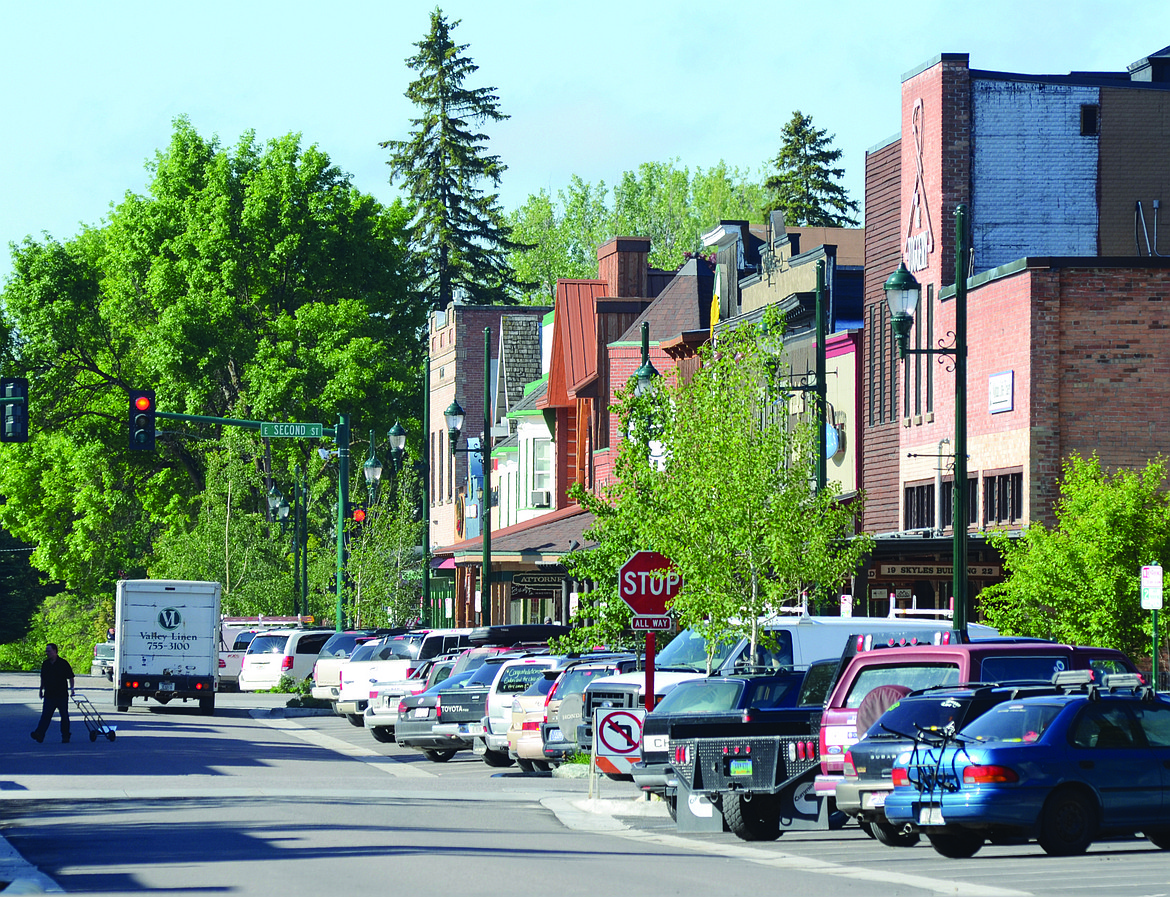Whitefish voters to decide extension of resort tax
Whitefish’s resort tax first took effect 25 years ago with the idea that visitors putting pressure on the city’s infrastructure should assist in paying for those costs.
Since its inception, more than $46 million has been generated to pay for streets, parks and a conservation easement while also providing about $15 million in property tax relief back to homeowners...
Support Local News
You have read all of your free articles this month. Select a plan below to start your subscription today.
Already a subscriber? Login
Daily Inter Lake - everything
Print delivery, e-edition and unlimited website access
- $26.24 per month
Daily Inter Lake - unlimited website access
- $9.95 per month

